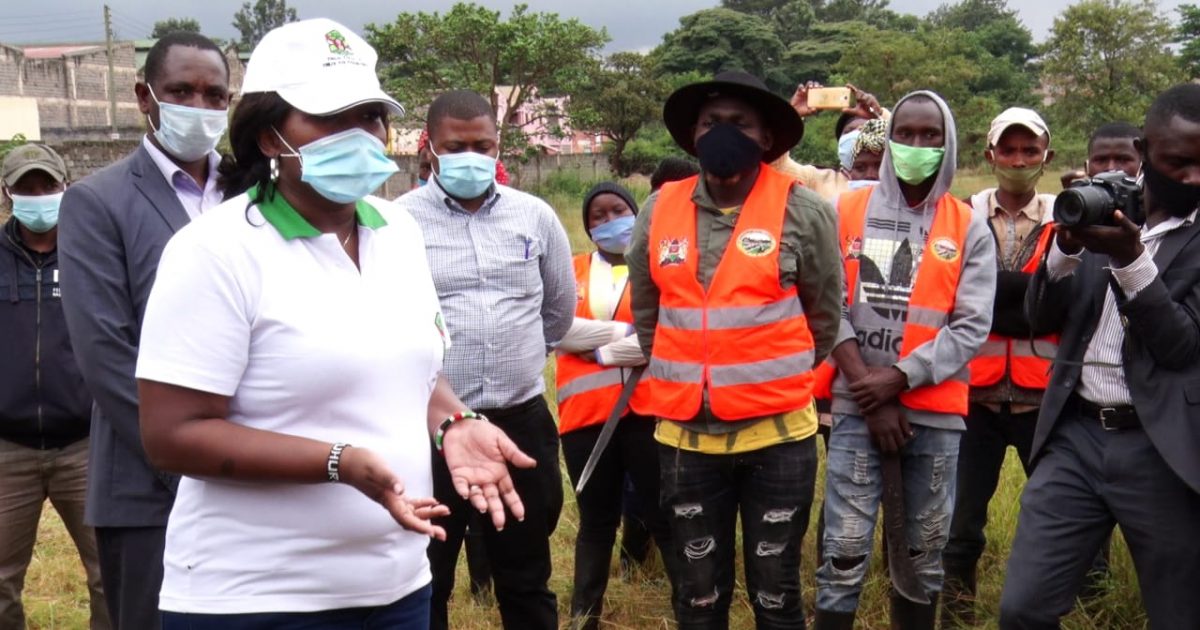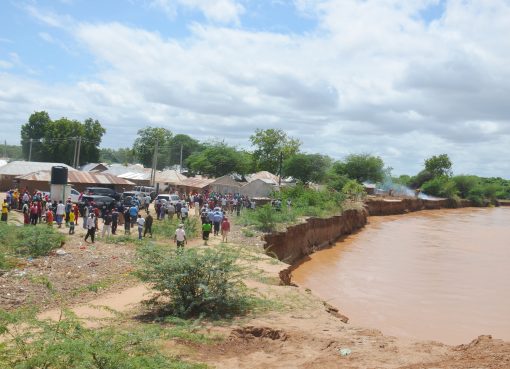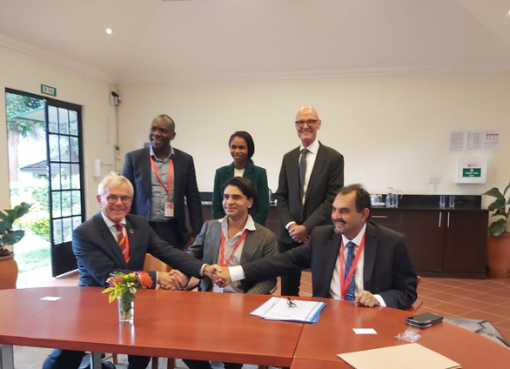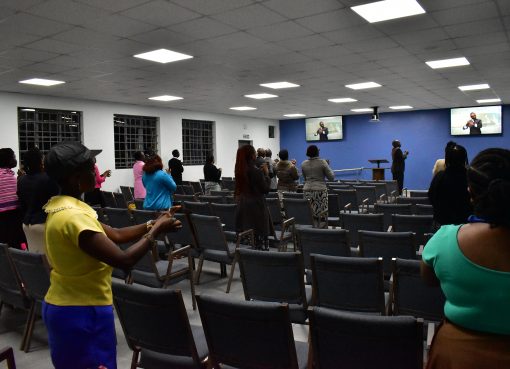The government has heightened surveillance and reporting mechanisms on Gender-Based Violence (GBV) cases that are on the rise since Covid-19 pandemic hit the country three months ago to ensure its perpetrators are arrested and punished accordingly.
Through the strategy, national administrative and security officers on the grassroots will be required to work with locals and other groups to ensure they understand the trends in their localities and arrest the perpetrators.
They will also rescue victims and ensure they get the necessary treatment.
The government has also unveiled a hot line number where GBV cases will be reported once they happen.
Gender and Youth Chief Administrative Secretary (CAS) Racheal Shebesh said they will not allow the gains the country has made in mainstreaming gender issues to be eroded by stressed persons hiding in the name of the financial impact of the coronavirus.
Speaking in Thika after inspecting the progress of Kazi Mtaani programme Thursday, Shebesh said they were concerned with the rising number of GBV cases being reported in the country with perpetrators going scot free adding that it won’t be tolerated.
She noted that each county has reported a rise in the number of cases that have been reported during the Covid-19 period citing Kisumu County whose numbers had risen by 38 percent.
“Every county has its own statistics and generally, the cases are high in the country. If not addressed, it will slowly erode the gains that the country made in mainstreaming gender issues,” she said.
The strategy will ensure that national administrative officers and the police and take the victims to health facilities. The county government will help in treating victims.
She called on members of the clergy and community elders to take the front seat in providing psycho-social support to those on the verge of mental meltdown caused by the effects of the virus in the society.
On the Kazi Mtaani programme, the CAS said the Ministry has been impressed with the success and the impact the programme has had to the society, adding that the second phase, that will bring on another 200,000 youth will be rolled out soon.
She was accompanied by Kiambu County Commissioner Wilson Wanyanga and Njuki Mwaniki from the National Youth Service (NYS) among other officials.
Mwaniki called on county governments to create county youth service using the National Youth Service model to put their youth into gainful employment.
About 2,300 youth were recruited in the programme in Kiambu County’s 15 informal settlements, according to County Commissioner Wanyanga.
He said they target to increase the number to 23,881 and 1192 supervisors in phase two.
The programme was piloted in Nairobi, Nakuru, Kisumu, Mombasa, Kwale, Kisumu, Mandera and Kiambu Counties.
By Muoki Charles
Government moves to stem out GBV





